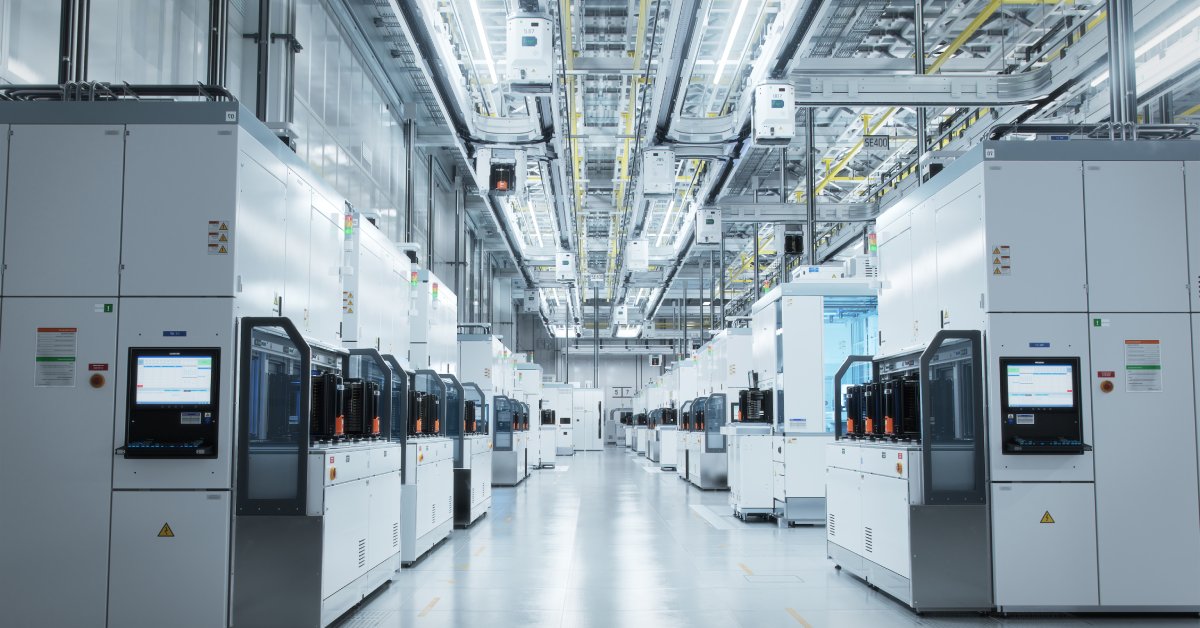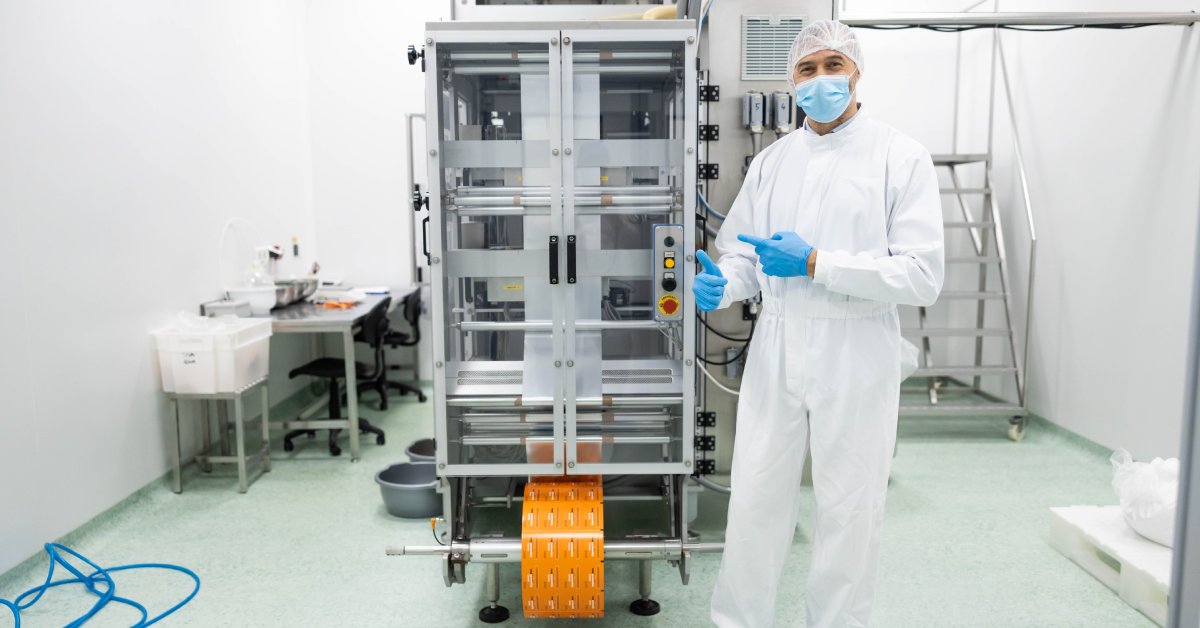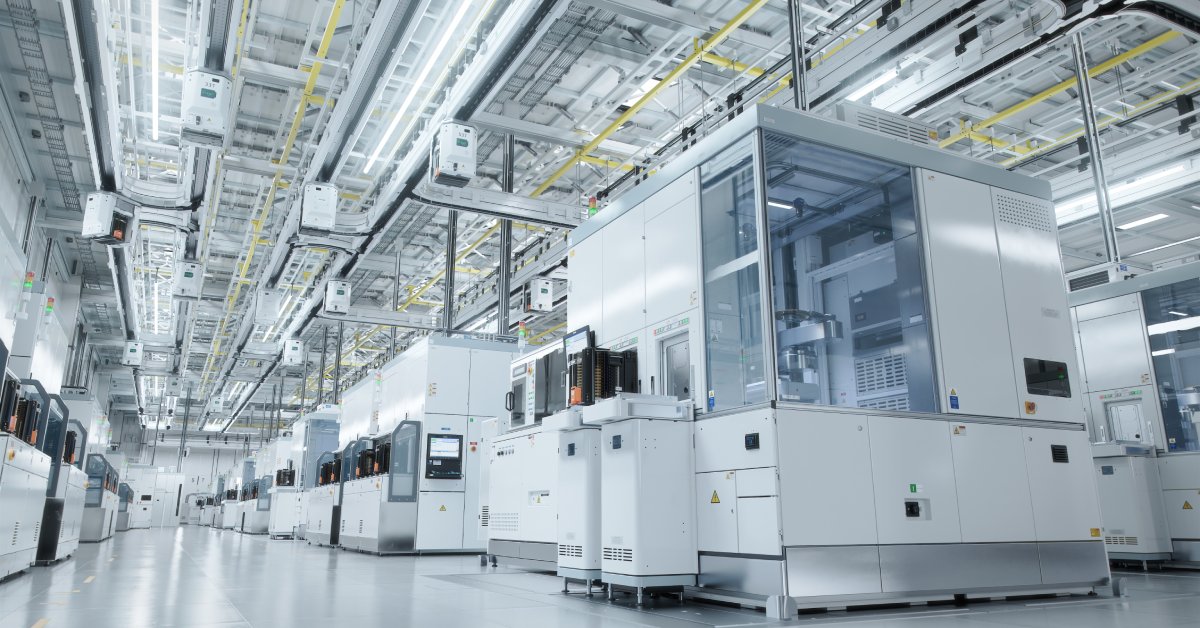
Cleanrooms are essential environments that demand precision, reliability, and adaptability. Manufacturing operations in the pharmaceutical, semiconductor, and biotechnology industries face increasing pressure to maintain contamination-free environments while optimizing operational efficiency, as traditional construction materials often fail to meet these demanding requirements.
Aluminum framing offers a range of benefits that make it the preferred solution for cleanroom construction. These specialized frameworks deliver superior contamination control, streamlined installation processes, and long-term cost savings that directly impact your bottom line.
This comprehensive analysis examines the core benefits of aluminum framing in cleanroom applications, providing the data-driven insights you need to make informed decisions about infrastructure.
Aluminum framing systems excel in contamination control through their non-porous surface characteristics and precision manufacturing. Unlike other common materials, such as steel and wood, aluminum’s smooth surface prevents the accumulation of particles and bacterial growth. Both of these factors are useful in maintaining cleanroom standards.
The material’s inherent properties eliminate outgassing concerns that plague other construction materials. Outgassing releases volatile organic compounds that can contaminate sensitive manufacturing processes, particularly in the production of semiconductors and pharmaceuticals.
Aluminum’s stable molecular structure ensures zero particle generation under normal operating conditions. This keeps the cleanroom clear of bacteria that can jeopardize production and safety.
Aluminum surfaces are well-suited for the aggressive cleaning protocols required in cleanroom environments. The material withstands repeated exposure to harsh disinfectants, including isopropyl alcohol, hydrogen peroxide, and quaternary ammonium compounds, without degradation or corrosion. This durability translates to consistent contamination control over extended operational periods.
Standard cleaning procedures become more efficient with aluminum framing systems. Smooth surfaces require less cleaning time and fewer cleaning agents, resulting in reduced labor costs and lower chemical consumption. Operations teams report up to 30 percent reduction in cleaning time when transitioning from traditional materials to aluminum framing systems.

Aluminum framing systems demonstrate superior longevity compared to alternative materials. The material’s natural oxide layer provides inherent corrosion resistance, eliminating the need for protective coatings that can degrade over time and introduce contaminants.
Temperature cycling, common in cleanroom environments, creates expansion and contraction stresses that can compromise structural integrity. Aluminum’s thermal properties minimize these effects, maintaining dimensional stability across wide temperature ranges. This stability prevents seal failures and maintains containment integrity throughout operational cycles.
Maintenance costs are a significant operational expense for cleanrooms, but these facilities can reduce that expense with aluminum framing systems. These systems require minimal maintenance due to their corrosion resistance and structural stability. Unlike steel systems that require regular painting or coating renewal, aluminum maintains its properties without ongoing treatments.
Predictive maintenance programs benefit from aluminum’s consistent performance characteristics. The material’s predictable behavior patterns enable accurate maintenance scheduling and cost forecasting, supporting budget planning and resource allocation decisions.
Unlike other materials that require longer installation times, modular aluminum framing systems significantly reduce installation times. The pre-engineered components eliminate the need for field welding and extensive fabrication work, thereby minimizing facility downtime during construction or modification projects.
The modular approach enables rapid reconfiguration when production requirements change. Manufacturing operations frequently require cleanroom modifications to accommodate new product lines or process changes. Aluminum framing systems support these modifications without major structural work or extended downtime periods.
Scalability is a critical advantage for growing manufacturing operations, and aluminum can accommodate these expansions effectively. Aluminum framing systems can accommodate expansion projects through various additions, rather than requiring complete reconstruction. This approach reduces capital expenditure and maintains operational continuity during periods of expansion.
Component standardization across aluminum framing systems ensures compatibility between different phases of a project. Operations managers can implement phased expansion plans with confidence that new components will integrate seamlessly with existing infrastructure.
Cleanroom operations must maintain compliance with multiple regulatory standards, including ISO 14644, FDA cGMP, and USP guidelines. Aluminum framing systems support these compliance requirements through their cleanability, non-shedding characteristics, and documentation capabilities.
Aluminum systems simplify material traceability requirements. Manufacturers provide comprehensive documentation, including material certifications, surface finish specifications, and results of contamination testing. This documentation supports validation processes and regulatory inspections.

Qualification protocols benefit from aluminum’s consistent properties and documented performance characteristics. Installation qualification (IQ), operational qualification (OQ), and performance qualification (PQ) processes proceed more efficiently when using materials with established cleanroom performance data.
Using aluminum components simplifies change control processes. Modifications using identical materials and connection methods require less extensive revalidation compared to custom fabrication approaches.
Aluminum framing contributes to energy efficiency through improved thermal performance and reduced air leakage. The precision-manufactured connections minimize uncontrolled air infiltration, reducing the HVAC system’s workload and energy consumption.
The material’s recyclability aligns with corporate sustainability goals. End-of-life aluminum components retain significant material value, and facilities can recycle them without compromising their performance. This characteristic reduces environmental impact and provides potential cost recovery during facility decommissioning.
Cleanroom HVAC systems are a significant operational expense, usually accounting for a majority of energy consumption. Aluminum framing systems support HVAC optimization by enhancing sealing performance and controlling thermal bridging.
Reduced air leakage translates directly to energy savings and improved environmental control. Operations managers report a 10–15 percent reduction in HVAC energy consumption when upgrading to properly sealed aluminum framing systems.
The initial investment in aluminum framing systems typically exceeds that in traditional materials, but the long-term operational benefits provide a positive return on investment. Reduced maintenance costs, improved energy efficiency, and decreased downtime during modifications contribute to favorable financial outcomes.
Lifecycle cost analysis demonstrates aluminum’s economic advantages over operational periods of 10–15 years. Lower maintenance requirements, extended service life, and reduced replacement frequency offset higher initial costs within 3–5 years for most applications.
Total cost of ownership calculations should include the prevention of contamination events, regulatory compliance support, and operational flexibility benefits. These factors often provide greater financial impact than direct construction and maintenance costs.
Using aluminum framing in cleanrooms enables facilities to enhance operational efficiency, ensure regulatory compliance, and achieve long-term cost control. The material’s proven performance in demanding cleanroom applications provides the reliability and flexibility modern manufacturing operations require.
A-Line Automation is one of the leading custom aluminum fabricators and can help you find the right fit for your facility. Our custom-made frames are designed by skilled engineers and carefully assembled by our team of experts. After working with a diverse range of industries, we can develop custom solutions tailored to your specific needs. Contact us today to learn more about our high-quality solutions.